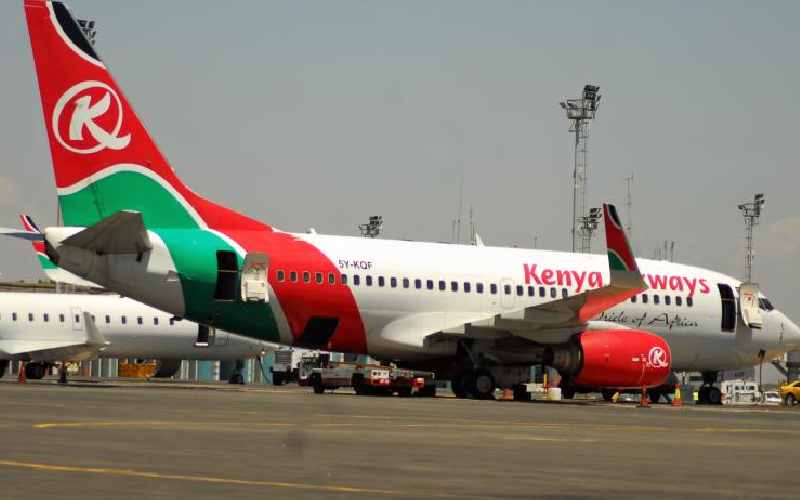×
The Standard e-Paper
Home To Bold Columnists

Kenya Airways planes at Jomo Kenyatta Airport(JKIA), Nairobi.[Boniface Okendo,Standard]
The Single African Air Transport Market (SAATM) is a flagship project of the African Union Agenda 2063. It aims to create a single unified air transport market in Africa to advance liberalisation of civil aviation.